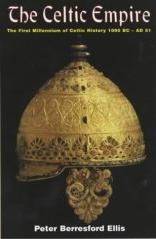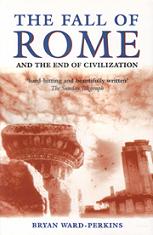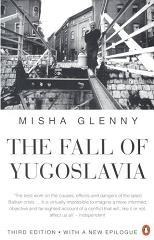
The Celtic Empire
Peter Berresford Ellis
246 pages including index
published in 1990
This was a bit of a disappointment. The full title of this book reads The Celtic Empire: the First Millennium of Celtic History 1000 BC – 51 AD and I picked it up thinking I would get a full overview of Celtic history, up until the final subjugation of the Celts by the Romans. However, most of the promised history is skipped over in favour of telling the last part of the Celtic story, of how Rome conquered the various Celtic tribes in Italy, Gaul, Spain, Asia Minor, Britain, etc. An interesting story in its own right, but not what I expected.
More disappointingly, this story was told, more often than not, not through Celtic eyes, but from a Roman or a Carthegenian or other point of view, in a context that’s almost exclusively that of Roman history. So not only do you not get the entire Celtic history as the title promises, but the history it does tell of the Celts is somewhat fragmented, shown only where it impacted on the expansion of Rome.



